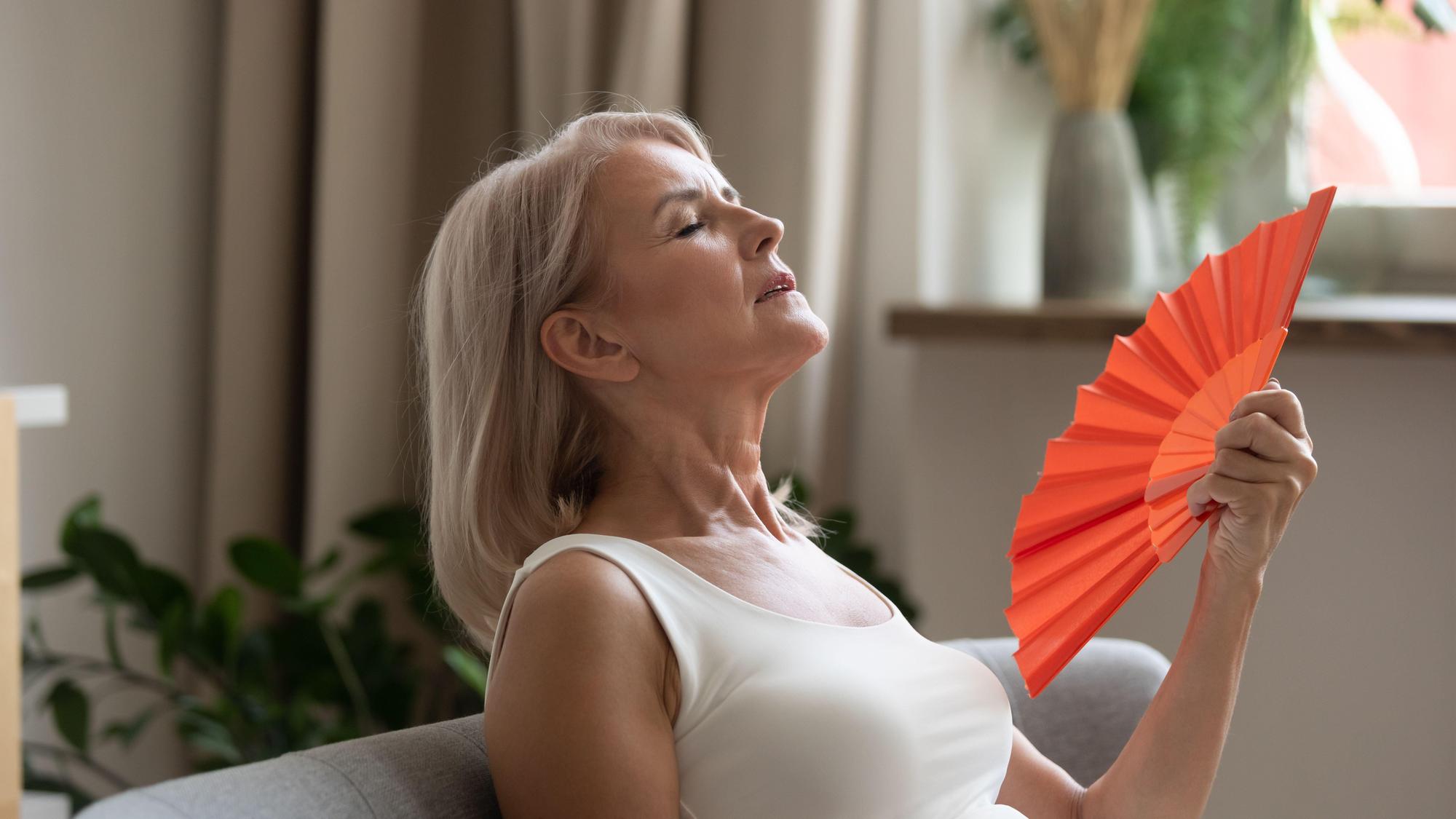Summer tips for managing menopause symptoms

Navigating Menopause Symptoms During the Summer Months
As the summer months approach, many women may find themselves facing additional challenges due to menopause symptoms. However, there are practical steps that can be taken to manage these issues effectively and maintain comfort throughout the season.
Dr Naomi Potter, a menopause specialist and founder of Menopause Care, has provided valuable insights into how warmer weather can intensify common menopause symptoms such as hot flushes, night sweats, and mood changes. She explains why these symptoms might feel more pronounced during the summer and offers seven key tips to help manage them.
Hot Flushes and Sweating
Hot flushes, sweating, and skin discomfort can make spending time outdoors particularly challenging, especially in warm weather. According to Potter, hot flushes are one of the most common symptoms of menopause and can become more intense in the heat. This is because the body’s internal thermostat, regulated by the hypothalamus, becomes more sensitive during menopause due to the drop in oestrogen levels. Even a slight increase in temperature can trigger a flush or make existing ones feel more severe. Many women report that hot flushes occur more frequently, last longer, and are harder to manage during the summer months.
Night Sweats
Night sweats are another hallmark symptom of menopause and can vary in intensity. They often involve waking up drenched in sweat, which can be both exhausting and disruptive to sleep. During warmer months, high temperatures and humidity can exacerbate this issue. Poor sleep from night sweats can lead to fatigue, affect mood, energy levels, and concentration the following day. It is important to address this issue with a healthcare professional if it significantly impacts quality of life, as treatments such as Hormone Replacement Therapy (HRT) can provide relief.
Mood Changes
Many women experience changes in mood during perimenopause and menopause, including increased irritability, anxiety, or low mood, due to fluctuating hormone levels, particularly oestrogen. When combined with the effects of hot weather, these emotional shifts can feel more intense. Dehydration and fatigue from heat exposure can further reduce the ability to cope with everyday challenges, making individuals feel more on edge or emotionally overwhelmed.
7 Tips for Managing Menopause Symptoms in the Summer
-
Stay Hydrated
Hormonal changes combined with sweating from hot flushes and warm weather can lead to dehydration quickly. It is essential to keep a water bottle nearby, sip regularly, and include water-rich foods like cucumber, watermelon, and leafy greens in meals. Limiting alcohol and caffeine, which can be dehydrating and worsen symptoms like flushes or anxiety, is also advisable. -
Dress to Stay Cool
Choosing loose-fitting, breathable fabrics like cotton, bamboo, or linen and sticking to light colours to reflect heat can help manage discomfort. This applies to nightwear and bedding as well. Moisture-wicking underwear may also be beneficial for those dealing with excessive sweating. -
Create a Cool Sleeping Environment
Keeping the bedroom cool with fans, open windows, or air conditioning can improve sleep quality. Cooling pillows, light cotton bedding, and even a cool shower before bed can contribute to a more restful night. -
Avoid Overheating During the Day
Planning outdoor activities or exercise for early morning or evening when temperatures are lower can help. If exercising in the heat, pacing oneself and choosing shaded or indoor environments when necessary is recommended. -
Be Mindful of Symptom Triggers
Certain foods and drinks can trigger or intensify symptoms for some women. Common culprits include spicy food, caffeine, alcohol, and sugar. Keeping a simple symptom diary can help identify patterns and allow for adjustments to reduce symptom severity. -
Support Your Sleep Routine
Good sleep hygiene is crucial. Establishing consistent bedtime and wake-up times, winding down with a calming routine in the evening, and avoiding screens before bed can enhance sleep quality. -
Manage Stress and Support Mental Wellbeing
Hot weather can amplify emotional symptoms like irritability or anxiety. Gentle exercises such as yoga, stretching, or walking in nature can be beneficial. Mindfulness and breathing exercises, along with regular self-check-ins, can also help. Navigating menopause involves both emotional and physical challenges, and being kind to oneself is just as important as any lifestyle adjustments.

Posting Komentar untuk "Summer tips for managing menopause symptoms"